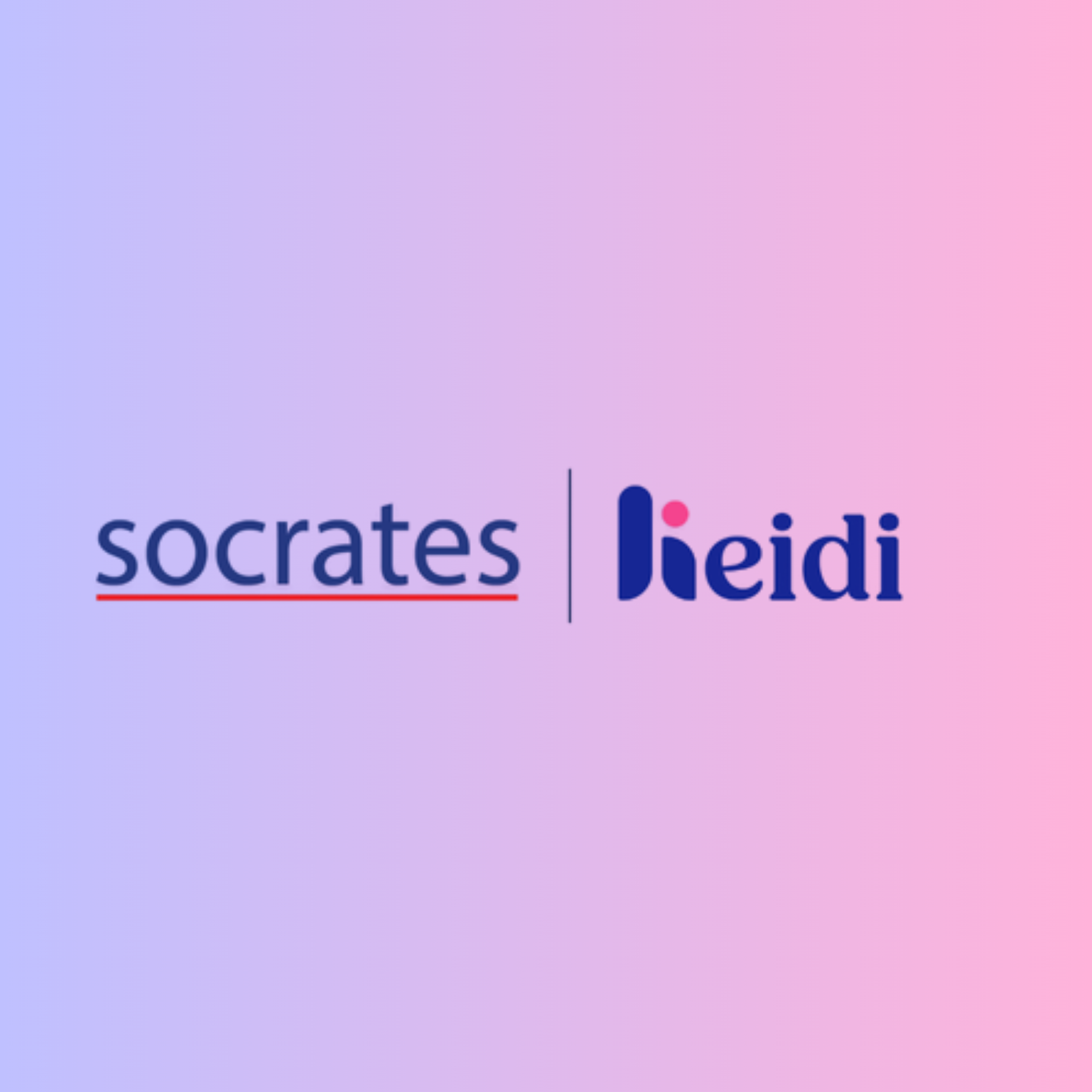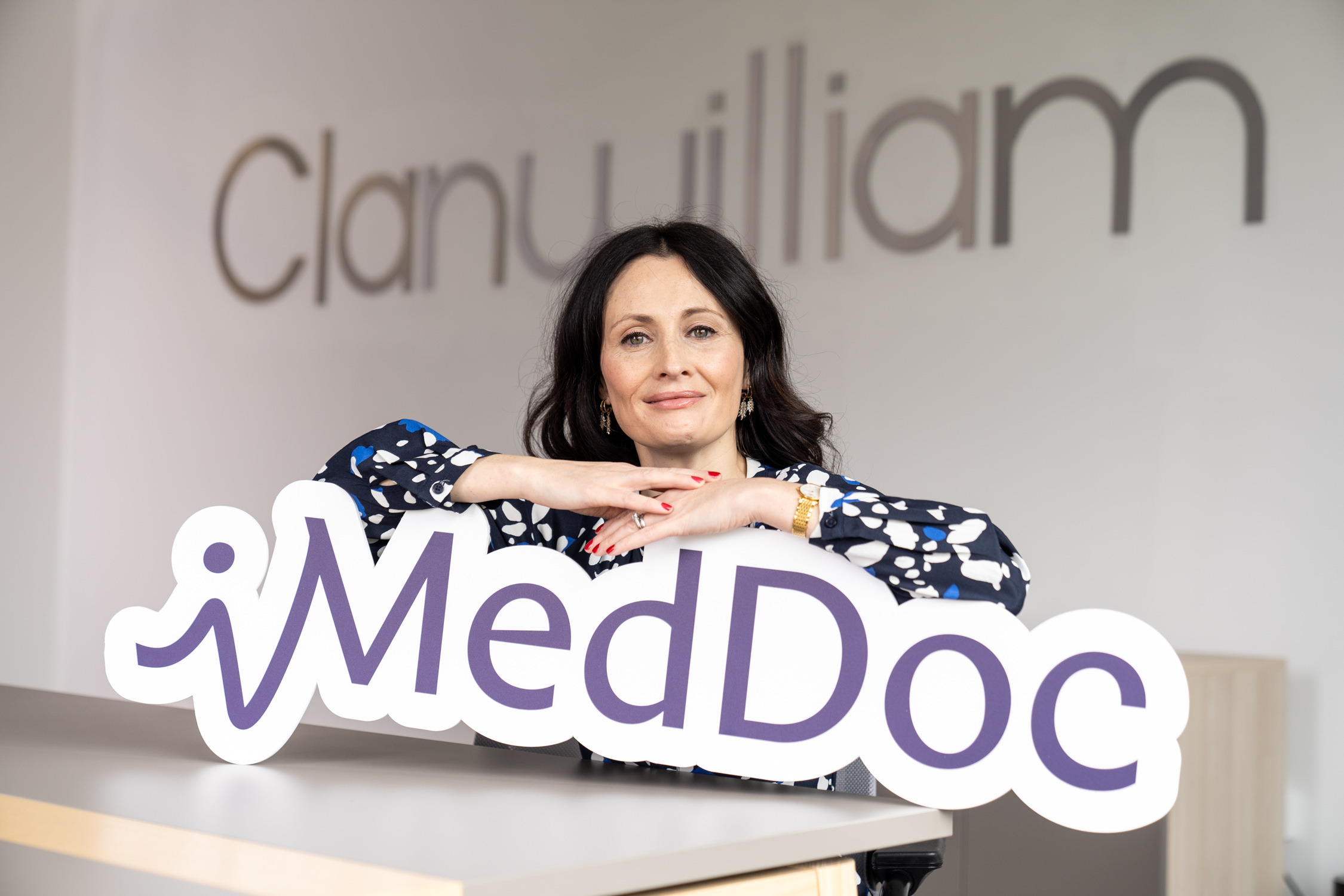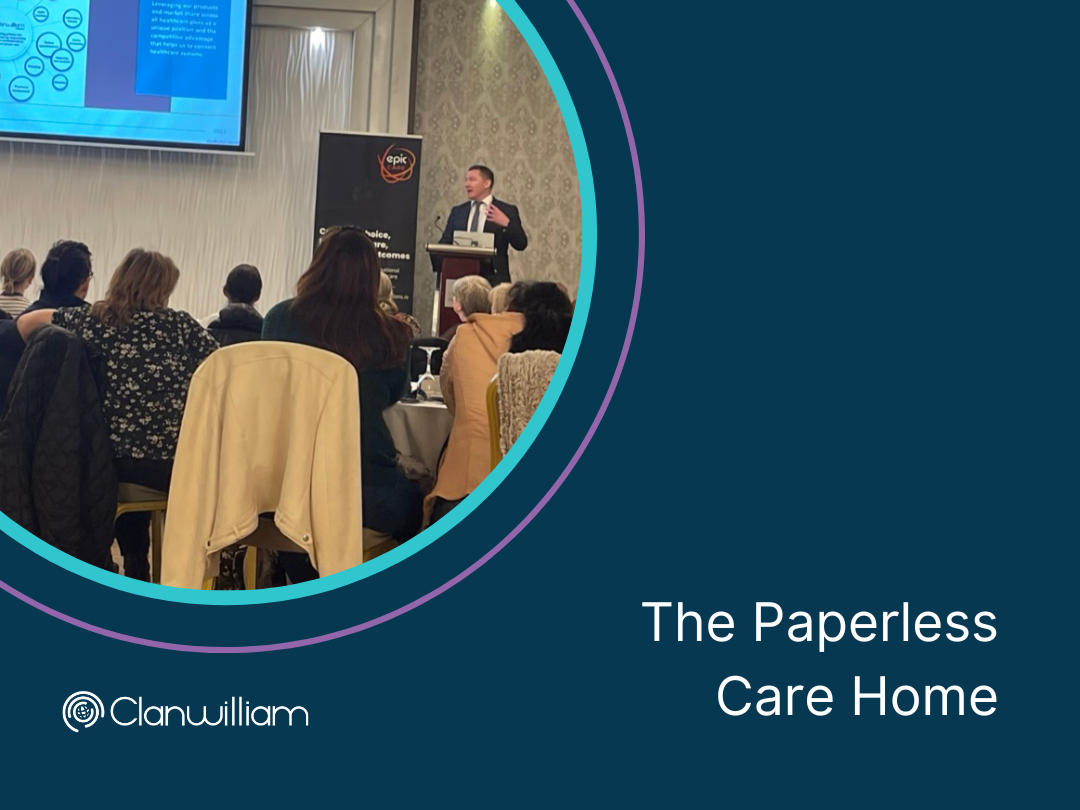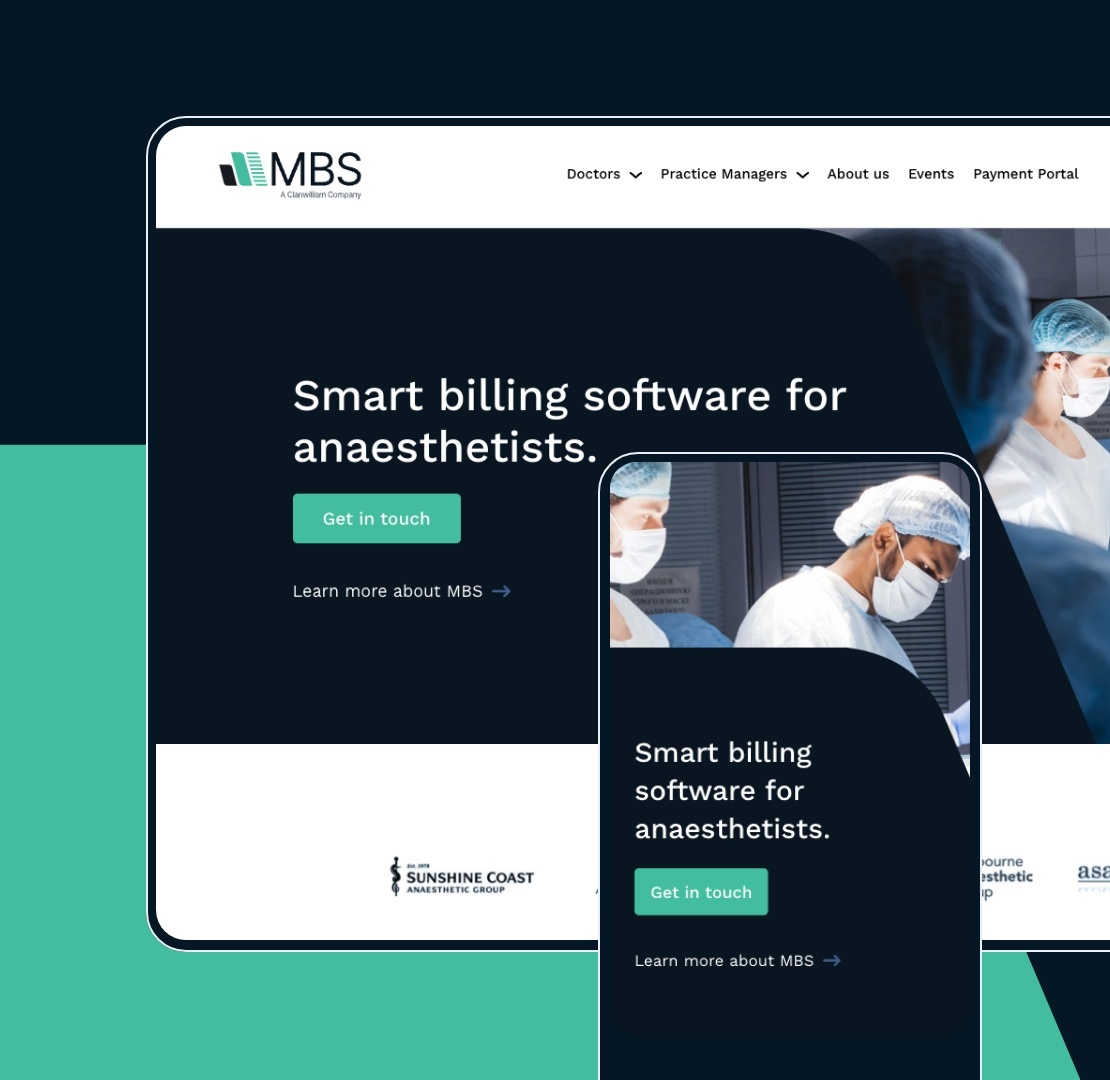The NHS has a four-point plan to recover access to primary care, and a key focus is on increasing capacity. Tim Foster, UK director of operations at healthcare technology group Clanwilliam, home of speech recognition experts Dictate IT, argues that technology can help – as long as it’s used effectively and consistently by every member of ‘Team GP’, wherever they are based.
Improving access to primary care is a key priority for the NHS in England. Politicians, commissioners, surgeries and patients all want it to be easier for people to get the appointments, referrals and the advice they need.
A Delivery Plan for Recovering Access to Primary Care was published just over 15-months ago to “tackle the 8am rush for GP appointments” and make it easier for patients to get help, faster.
The plan was built around four pillars: empowering patients; modernising access; building capacity; and cutting bureaucracy.
Whether this plan is making a difference is yet to be seen, but there are things that practices can be doing in the meantime to help.
Utilising technology properly is the key
The critical point, for me, is that GPs have very little time. So, that fourth pillar is important because a lot of the bureaucracy lies in the admin.
We need to think about making it easier for GPs to generate notes, prescriptions, letters and other documents so they have more time to focus on patients.
Technology can make a big difference.
We know that most people speak three times faster than they type, so using speech recognition, alongside established IT systems, can make it quicker and easier to capture narrative and notes, saving crucial minutes for GPs and other time-stretched practice staff.
GPs can use speech recognition to create letters for administrative staff to format for review and sign-off, or to “dictate to cursor” into GP record systems such as EMIS Web and SystmOne.
But there are other uses for speech recognition technology, such as voice navigation and ambient listening.
If you think about the time that GP’s spend navigating electronic record systems – working through menus, opening screens, and launching forms.
Plus, the time they spend on admin after the patient has left the room, the time saving opportunities through various speech recognition applications are significant.
Supporting Team GP
Reducing the huge time burden and providing better, more effective technology for GPs to work with can make people more satisfied with their jobs, helping to address the low morale that has contributed to a huge number of GPs quitting.
Retaining more GPs will help to support the third pillar of the access plan: increasing capacity.
A lot of the current effort on capacity building is sensibly going on recruiting more members to “Team GP”, such as pharmacists or physiotherapists, to be able to deliver a wide range of services that patients might not need to see an actual GP for.
In technology terms, one of the challenges here is making sure that IT systems are available to all the professionals that need them, in order for them to have the crucial patient information they need to deliver this wider care.
At the moment, access to many of the systems used in surgeries and primary care centres tend to be for GPs. We need to widen that access.
We also need to think about training.
Staff may not have the time to attend traditional, face to face training. Solutions should be intuitive, and any training required should be quick and easily digestible.
Primary care has been an IT leader in healthcare, but it needs to go further, and that means digitising training and support as well as introducing new digital systems.
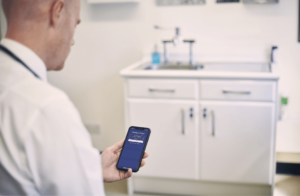
Working at scale
We need to encourage surgeries to work together across GP federations and primary care networks.
That way, practices can benefit from efficiencies of scale, provide a more consistent service to a wider population, and share resources.
Technology is essential to give patients a good experience of accessing this wider team and making sure that professionals can access critical information about them, at the right time.
Most federations and PCNs have recognised this and encouraged their members to adopt the same clinical systems.
However, they might not have all adopted them in the same way. For example, some will be using speech recognition for letters or data entry, but some won’t.
Some will have integrated online triage or patient messaging systems, and some won’t.
So, the tech challenge is to drive for the standardisation of certain systems, so there is a consistent look and feel for everybody.
Otherwise, GPs and other members of Team GP can move from one site to another and find the process for doing something like ordering a repeat prescription or sending a patient an SMS is completely different.
That causes frustration and wastes time.
Digital transformation, standardised
Technology is also key to modernising access for patients, who can increasingly contact primary care through digital telephony, practice websites, and apps including the NHS App.
And it’s key to empowering patients, who need to have confidence that if the care navigation team refers them to a pharmacist or a physio rather than a GP, that is the right decision for them.
It’s possible to imagine a future in which speech recognition has a role in making it easier for patients to navigate these new ways to access primary care.
For example, as interest in the opportunities of generative AI continues to grow in primary care, we are looking at bringing this technology into our existing applications to solve common clinical pain points, the most common being capturing clinical information after patient-doctor discussions.
Ambient listening and generative AI – taking recorded discussions and fully forming clinical documentation that can be summarised and saved to the patient record – elevates the speech workflow and resonates with many healthcare practitioners.
As these ideas come on stream, though, I think the key challenges for technology in primary care are threefold.
We need to make sure that GPs have access to digital technology that can reduce the time they spend working with IT systems; that all members of Team GP have access to the same technology; and that there is standard infrastructure across federations and PCNs.
Asks for the new government – and digital leaders
That’s going to take action at a number of levels.
We have a new government discussing moving funding from the acute sector to community care, pharmacy and primary care but we also need to make sure some of this is spent on investment in digital.
We also need NHS England and its equivalent bodies in the devolved administrations to return to the problem of interoperability and to getting the major electronic patient record providers to open-up their systems.
That would provide an incentive for suppliers to move into primary care, drive competition and ultimately produce better systems.
It would also make it easier for GPs to adopt their solutions, because even simple things, like being able to open systems from within the GP record, or integration with the clinical system, can help streamline processes, save user time, and also improve clinician adoption.
Cracking the long-standing interoperability challenge would have the further benefit of making it much easier for data to flow between acute and primary care, and between the healthcare system and the many commissioners, services, researchers and patients who need it.
Of course, GP practices need to be open to new ideas. A good tip is to start small: find one thing that a solution, like speech recognition, can really help with, and then move on to other areas.
Suppliers have a role to play, by making sure their systems are as intuitive as possible and addressing the training challenge.
The big opportunity: more time
If we can get all of this right, there is a real opportunity to tackle some of the challenges, by using technology to free up GP time to do what they want to do, which is focus on patients, and giving them the advice, treatment and referrals that they need.
Dictate IT, part of Clanwilliam, will be exhibiting at this year’s Best Practice conference at the NEC Birmingham from 9-10 October, where the theme will be access, and the agenda will be exploring: how to retain more GPs by addressing burnout and low morale, new roles, working at scale, and digital transformation.
Dictate IT will also be attending this year’s Royal College of General Practitioners annual conference and exhibition at ACC Liverpool from 3-4 October.
